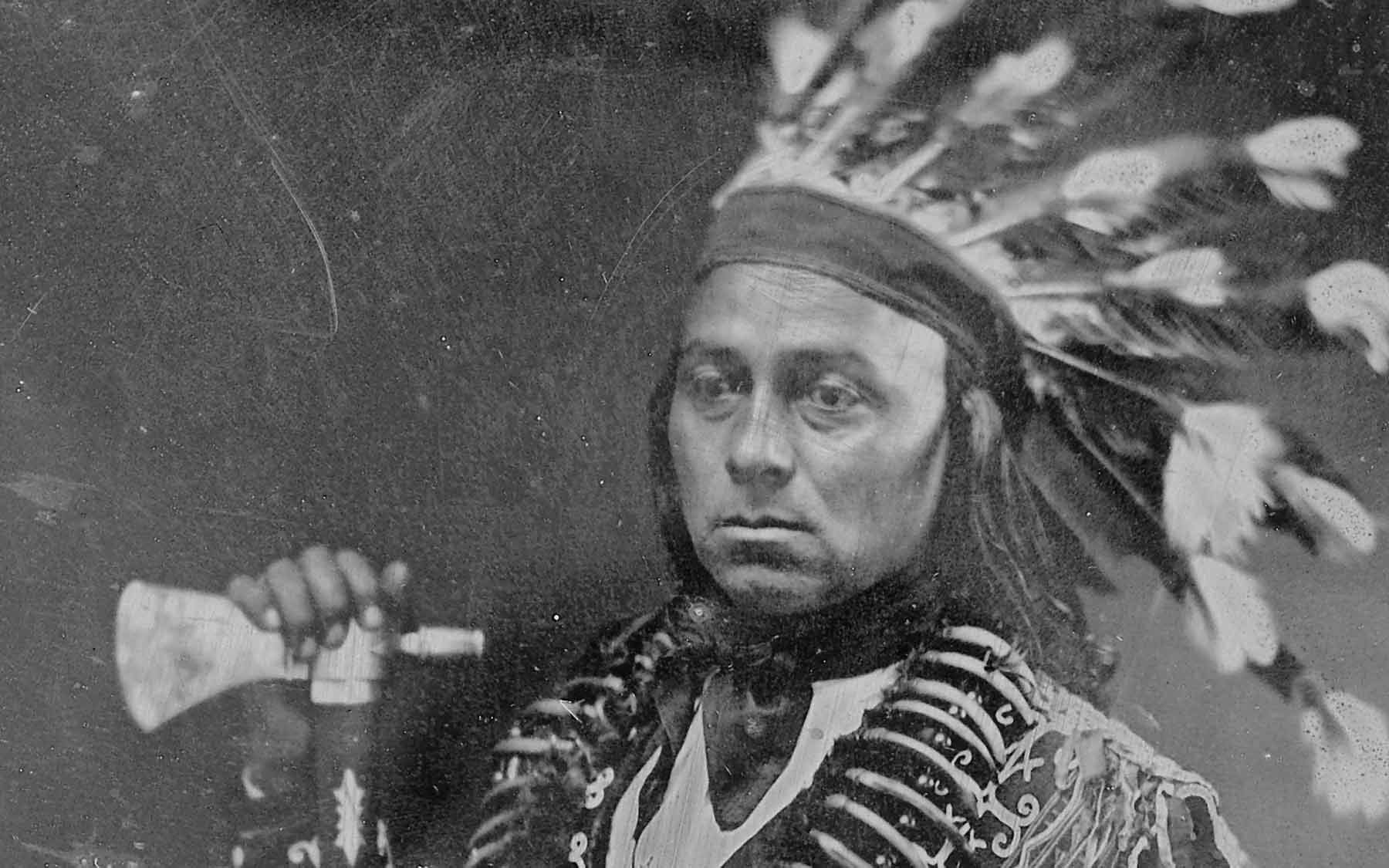
Educated in Methodist mission schools, George Henry (Maungwudaus) seemed designed for a role in the church as interpreter and translator. A more exciting career, however, attracted him. In 1844 he organized an Indigenous troupe which toured Britain and the continent from 1845-48, putting on dances and exhibitions. After his return from Europe, Maungwudaus performed for several years in Canada and the US, and later became a well-known herbalist. He wrote a pamphlet, An Account of the Chippewa Indians, who have been travelling among the Whites, in the United States, England, Ireland, Scotland, France and Belgium (1848), excerpts from which are found in P. Petrone, First People, First Voices (1983). (See also Ojibwa).

 Share on Facebook
Share on Facebook Share on X
Share on X Share by Email
Share by Email Share on Google Classroom
Share on Google Classroom


